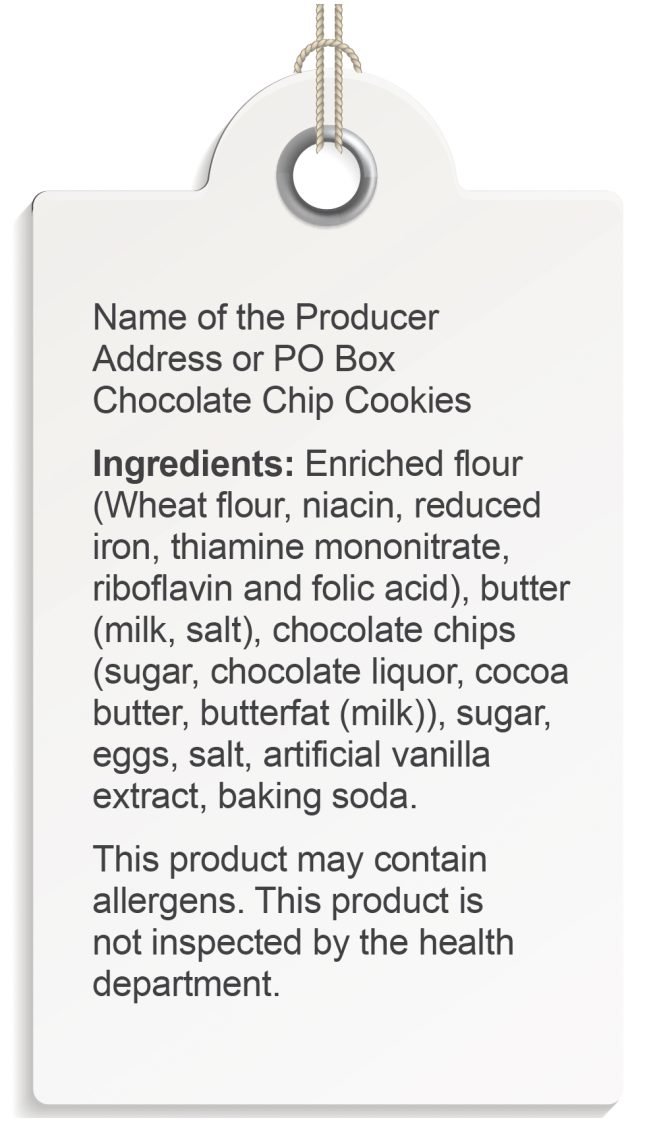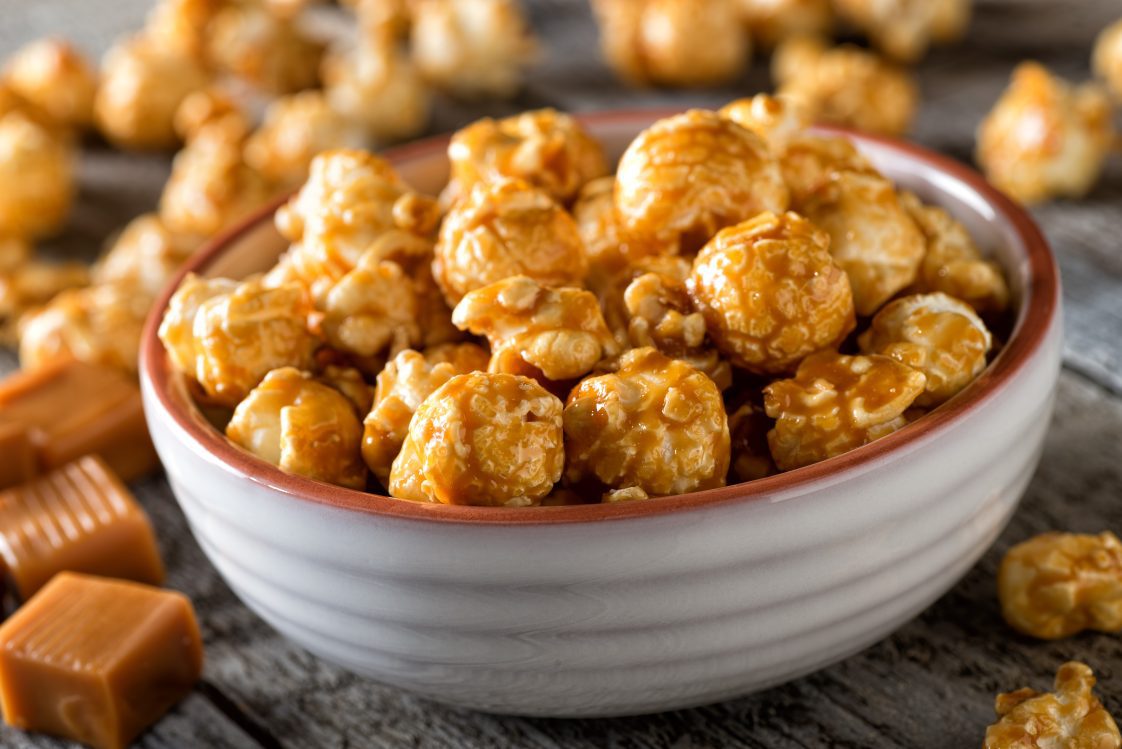Alabama Cottage Food Law

The Alabama Cottage Food Law went into effect in 2014 and was revised in 2021. The law states that individuals can produce certain nonhazardous foods in their homes. The new law defines a cottage food as a nonpotentially hazardous food that has been prepared in a person’s home and that does not require time or temperature control for safety. The law excludes products that use meat, poultry, or fish. The law does not address products for pets (i.e., dog food, dog treats), medical/health supplements for humans or pets (i.e., tinctures, pills), or products that contain more than 3 percent alcohol.
Foods that can be sold directly to the consumer:
- Candies
- Jams, jellies, fruit preserves, marmalades
- Baked goods: cakes, cookies, pastries, doughnuts, breads, pies, cheese straws
- Candied or roasted nuts
- Popcorn (candied, coated, flavored)
- Roasted coffee
- Dried baking mixes
Examples of foods that can be sold directly to the consumer with a safe water activity of less than 0.88 or pH level less than 4.2 as defined by the Alabama Department of Public Health (ADPH):
- Dried and dehydrated herbs, herb mixes, vegetables or fruits
- Fermented or preserved vegetables or fruits that do not result in the production of alcohol (i.e., pickled fruits and vegetables, salsas, sauerkraut)
- Fruit butters
- Barbeque sauce
- Infused vinegars containing generally recognized as safe (GRAS) ingredients
Note: Water activity and pH testing can be performed by an approved lab or a processing authority for a fee. Some foods, such as syrups, may need further evaluation on a case-by-case basis as determined by the ADPH.
Foods that cannot be sold directly to the consumer:
- Baked goods with a component that requires refrigeration (i.e., custard pies, cakes with a whipped topping, cheesecakes, raw cookie dough.)
- Garlic in oil mixtures
- Meats in any form
- Milk products (i.e., soft or hard cheeses, cheese sticks, frozen milk desserts)
- Vegetable pizzas
- Kombucha
 The Cottage Food Law requires the following on labels in a minimum 10-point font:
The Cottage Food Law requires the following on labels in a minimum 10-point font:
- Name of the individual or business
- Physical address or post office box of the individual or business
- Common name of the food
- Statements: This product may contain allergens. This food is not inspected by the Health Department.
- List of ingredients: Ingredients and sub-ingredients must be listed in descending order of predominance by weight.
Note: Every package must have a label. Health claims fall under Food and Drug Administration (FDA) regulations and are not covered under the Cottage Food Law.
Recommended Labeling
- Name of the product in bold print.
- Contains statement to include a list of any of the nine major allergens recognized by the United States that are in your product: wheat, soy, eggs, milk, peanuts, tree nuts (include type of nut), fish (type of fish), crustacean shellfish (type of fish), or sesame. Example: Contains: Milk, Eggs, Peanuts
- Weight of the product or volume. Example weight: 1 lb. 3 oz. Example volume: 8 fl.oz.
Selling Requirement
Cottage food cannot be sold to permitted facilities such as restaurants and grocery stores or to novelty shops for resale. Producers must sell directly to consumers within the state whether in person, by phone, or online. However, delivery options have changed. The new law allows delivery of products within the state by mail, through an agent of the producer, or directly to the consumer.
Training Requirement
A person operating a food business under the Cottage Food Law must attend and pass a food safety course approved by the Alabama Department of Public Health. An approved course is the one taught by Alabama Extension or any American National Standards Institute (ANSI) accredited food safety program. Current certification must be maintained.
Business Requirements
Producers must register their business with the county health department environmentalist’s office. Labels must be approved by the county health department. Water activity and pH test results, if required, must be submitted to the county health department for review. A business license may be required by your local municipality (city or county). Additionally, there may be laws or restrictions that prohibit someone from conducting a cottage food business from their home (i.e., zoning laws, rental agreements.) There is no longer a limit to gross sales.
 Revised by Christy Mendoza, Regional Extension Agent, Food Safety and Quality, Auburn University. Previously edited by Alice Moore, Regional Extension Agent, Food Safety and Quality, Auburn University. Written by Jean Weese, former Extension Food Safety Specialist, Auburn University.
Revised by Christy Mendoza, Regional Extension Agent, Food Safety and Quality, Auburn University. Previously edited by Alice Moore, Regional Extension Agent, Food Safety and Quality, Auburn University. Written by Jean Weese, former Extension Food Safety Specialist, Auburn University.
Revised April 2022, Alabama Cottage Food Law: Basic Rules and Regulations, FCS-2058

